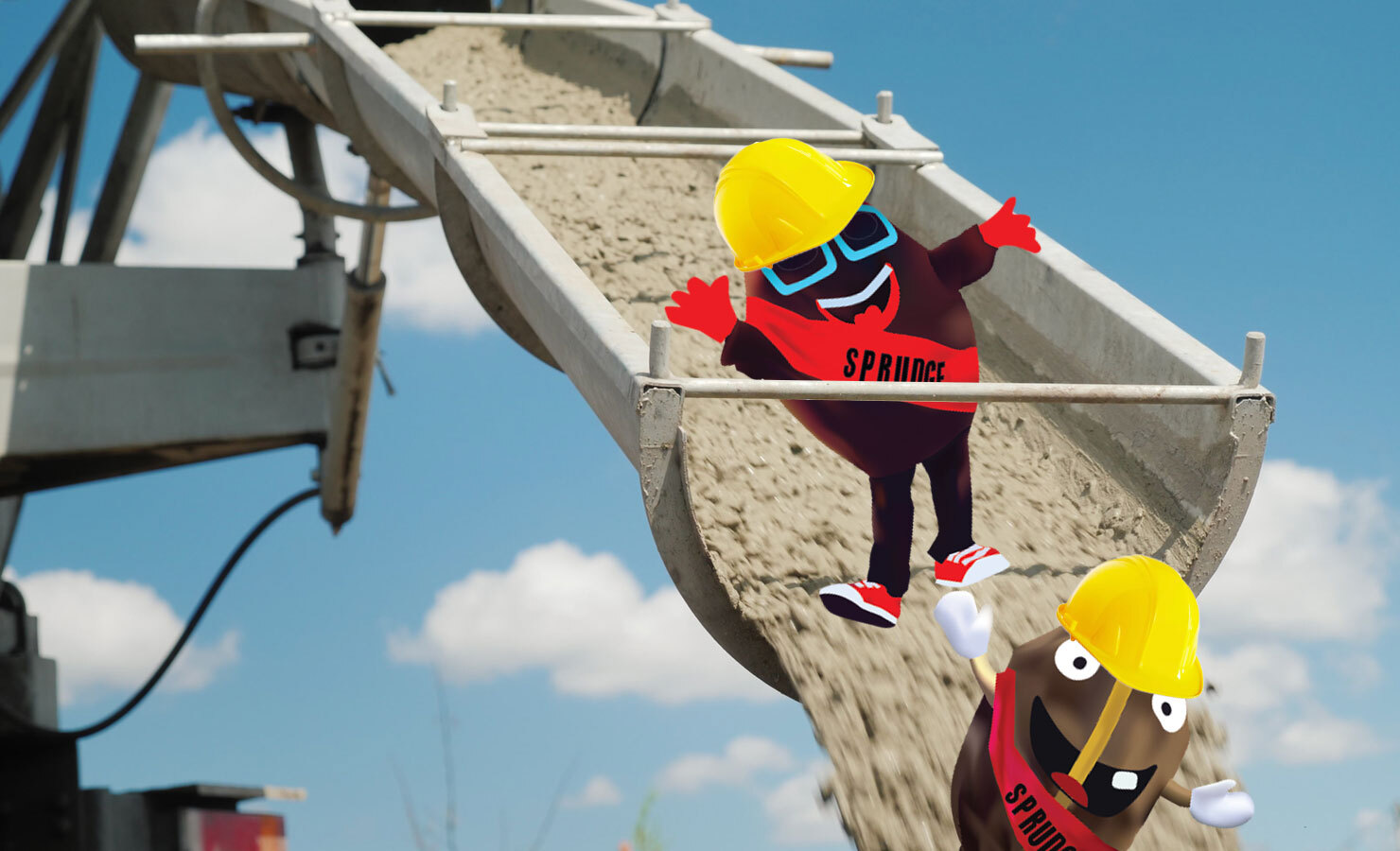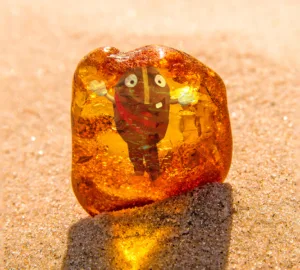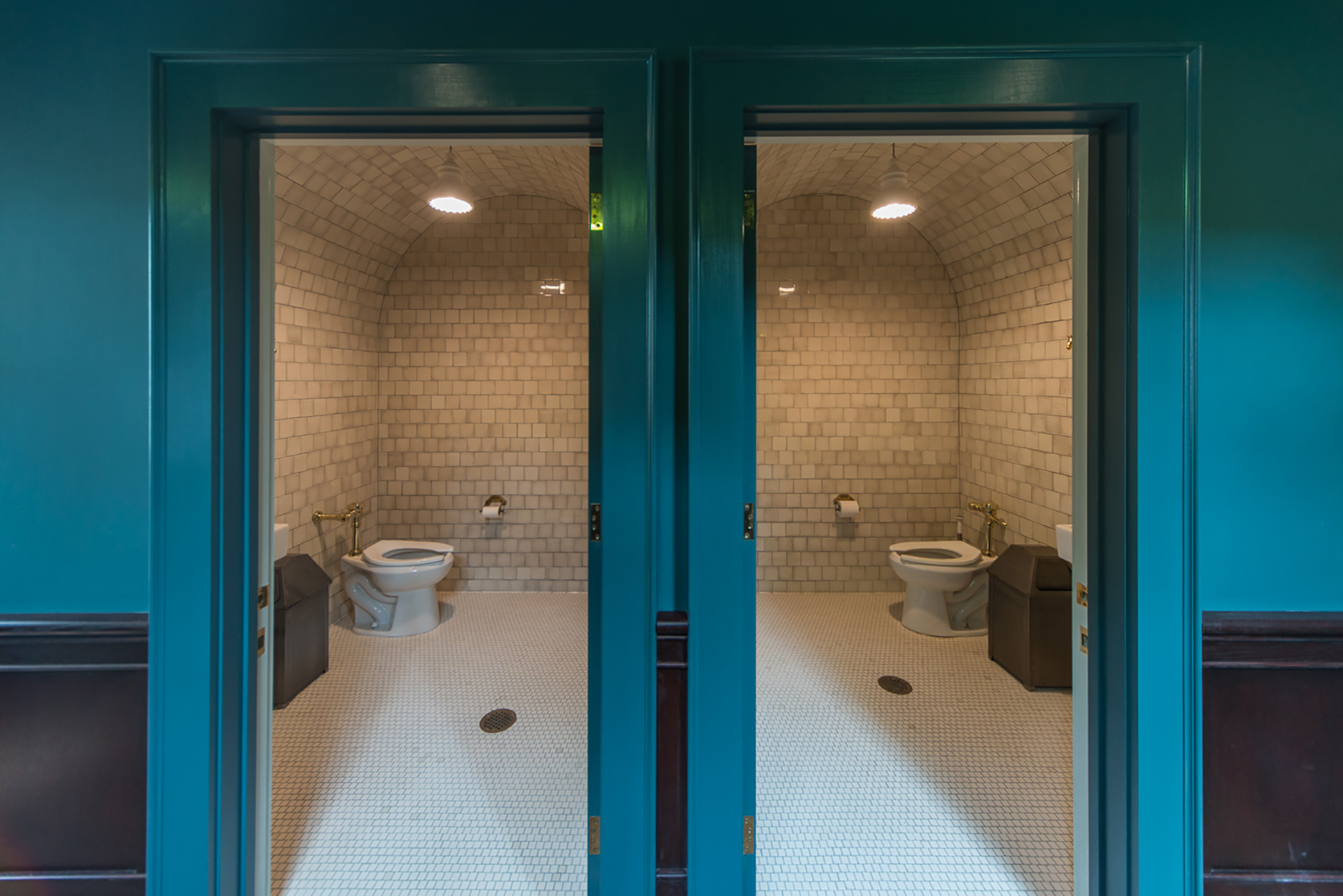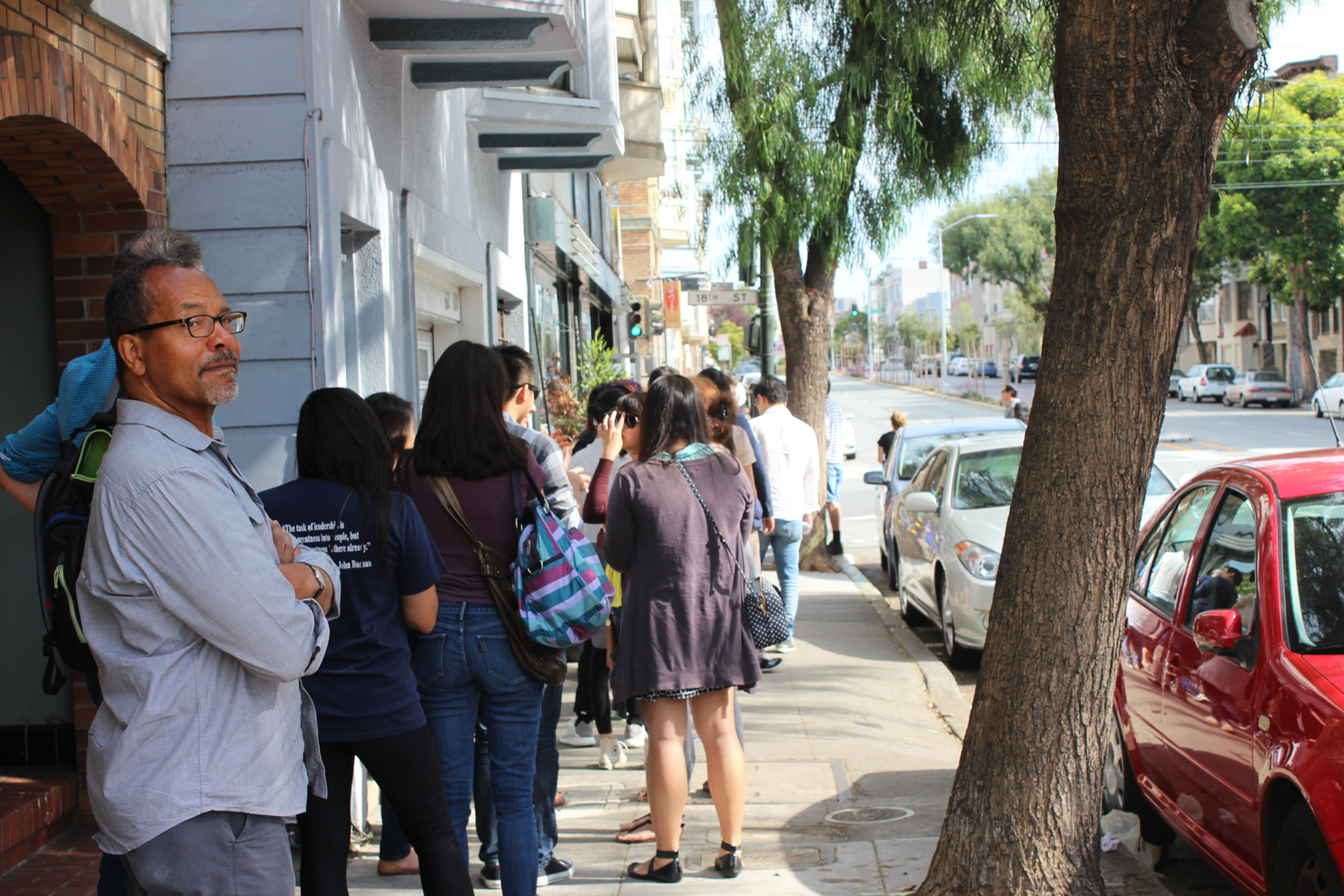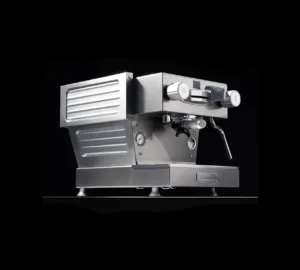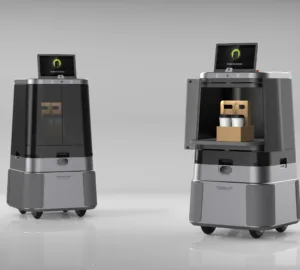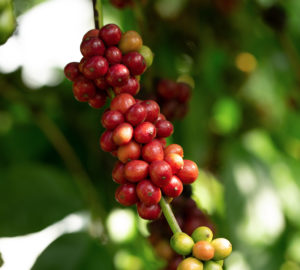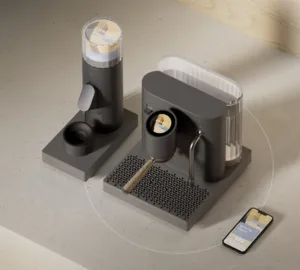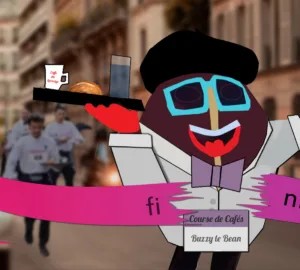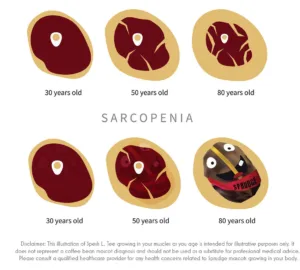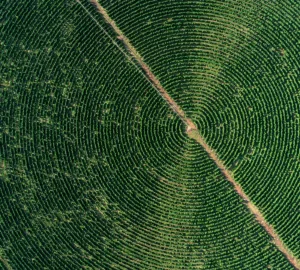Coffee is a drink that keeps on giving. Whereas once you’ve finished drinking your coffee you may assume that its gifts have been exhausted (even though you no longer are), but that’s really where it all begins. Industrious folks have found ingenious and eco-frinedly uses for spent coffee grounds including bio-fuel, biodegradable plastic, a palm oil substitute, shoes and clothing, brain activity sensors, materials for roads, and battery electrodes. And now, Australian engineers are looking to grow that list even more by creating a newer, stronger type of concrete from, in part, used coffee grounds.
As reported by The Guardian, engineers from the Royal Melbourne Institute of Technology (RMIT) have found a way to convert used coffee grounds into a substance that, when added to traditional concrete, makes it roughly 30% stronger. Their finding were recently published in the Journal of Cleaner Production. To do this, they take used coffee grounds, which Australia produces an estimated 165 million pounds of per year, and turn it into biochar through a process known as pyrolosis.
For pyrolysis, coffee grounds gets heated to 350°C (662°F) in an oxygen-deprived environment “to prevent carbon dioxide from being produced” and “[adding] to greenhouse gas emissions,” state’s co-lead author Dr. Rajeev Roychand. Their process has the knock-on effect of being more energy efficient than most pyrolysis operations, which require much higher temperatures, generally ranging between 700°C and 900°C (1,292°F to 1,652°F).
The result is biochar, a porous lightweight residue similar to that of charcoal. When added in place of 15% of the sand used in creating traditional concrete, the resulting mix was found to be 29.3% stronger. The additional strength is due to the porous nature of the coffee biochar, which the concrete mixture binds more firmly to.
The newer, more resilient concrete is a eco-friendly double whammy. It takes a material headed for a landfill and finds a new use for it as well as reduces the amount of natural sand being used in construction.
Use of coffee biochar in concrete is still in the early stages, but per the Guardian, researchers are already “collaborating with local councils on future infrastructure projects such as the construction of walkways and pavements.”
Still, it’s an exciting development and further, indisputable proof that the good coffee can do is limited only by human imagination. Some may even call it… concrete evidence.
Zac Cadwalader is the managing editor at Sprudge Media Network and a staff writer based in Dallas. Read more Zac Cadwalader on Sprudge.











